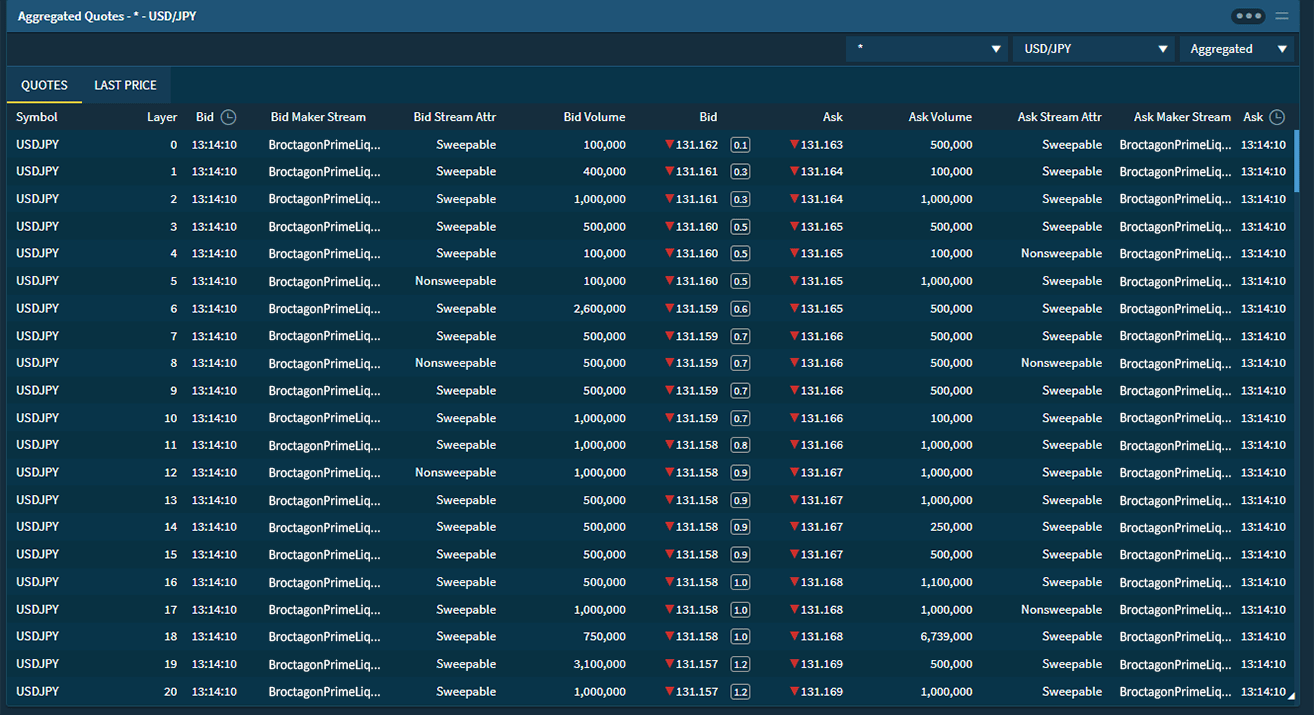Bitcoin prices have held surprisingly, despite global markets opening dramatically lower. Many investors are betting it will continue to recover as the coronavirus starts to impact global growth prospects.
Bitcoin had quite a momentum in 2020, with its gains wiped out by panic sparked by the spreading pandemic, and fell to 10-month lows earlier this month only to rebound sharply. It is now trading at around $6,000 USD.
Broctagon’s CEO, Don Guo, feels that it might be seen as a ‘safe haven’ asset as crypto isn’t bound by international borderxs or trade relations.
Bitcoin Prices During COVID-19
As the world’s stocks plunge due to Coronavirus and a global economic slowdown looks more likely, one thing that seems to be going ‘viral’ is crypto.
In fact, conversations are resurfacing about Bitcoin being perceived as a safe haven asset during global instability.
“You can see why – crypto isn’t bound by international borders or trade relations and, if this continues, we could not only see the price of Bitcoin skyrocket,”
said Don Guo, CEO of Broctagon Fintech Group
Blockchain for Smarter Cities
However, price swings are a distraction from what we should really be looking at in the context of a pandemic – and that’s the underlying technology.
Rapid urbanisation is leading to smarter cities that improve the lives of citizens through technology.
“Having smart technological solutions in place for our cities will soon become an essential rather than a nice-to-have,” Guo feels.
With growing global fears around climate change, how we manage our cities is becoming ever more important. Technology can facilitate better urban planning and solve pertinent problems like waste, congested traffic and population growth with more data.
Having an interconnected city can also allow governing bodies to make more informed decisions. Technology like blockchain can facilitate this, bridging all the different aspects of city management together to give officials an accurate and detailed overview of the city.
As a result, it is no surprise that more and more cities are looking into using the technology in their operations. One such application of blockchain in smart cities is Decentralised Identity (DID). This allows individuals to create universally-recognised authentic IDs, making it much easier to register for services like voting, driving licenses, banking and electricity.
Can Blockchain Curb COVID-19?
In the case of COVID-19, using blockchain, we can implement resource tracking to ensure adequate allocation of medical supplies and masks to medical parties who need it, especially amidst the panic buying.
Then there’s medical records. Not only can blockchain more effectively track medical conditions and patient identity for emergencies and for insurance claims, but it also reduces manual paperwork, mitigating the risk of spreading through face-to-face contact.
The uses of Blockchain in healthcare are extensive. Had it been in place already, it could have been used as a pre-emptive measure, to control the rate of infection and curb a widespread panic.
“Hopefully, as the technology develops, we will be able to contain outbreaks like this more efficiently in the future, and save lives,”
added Guo.














